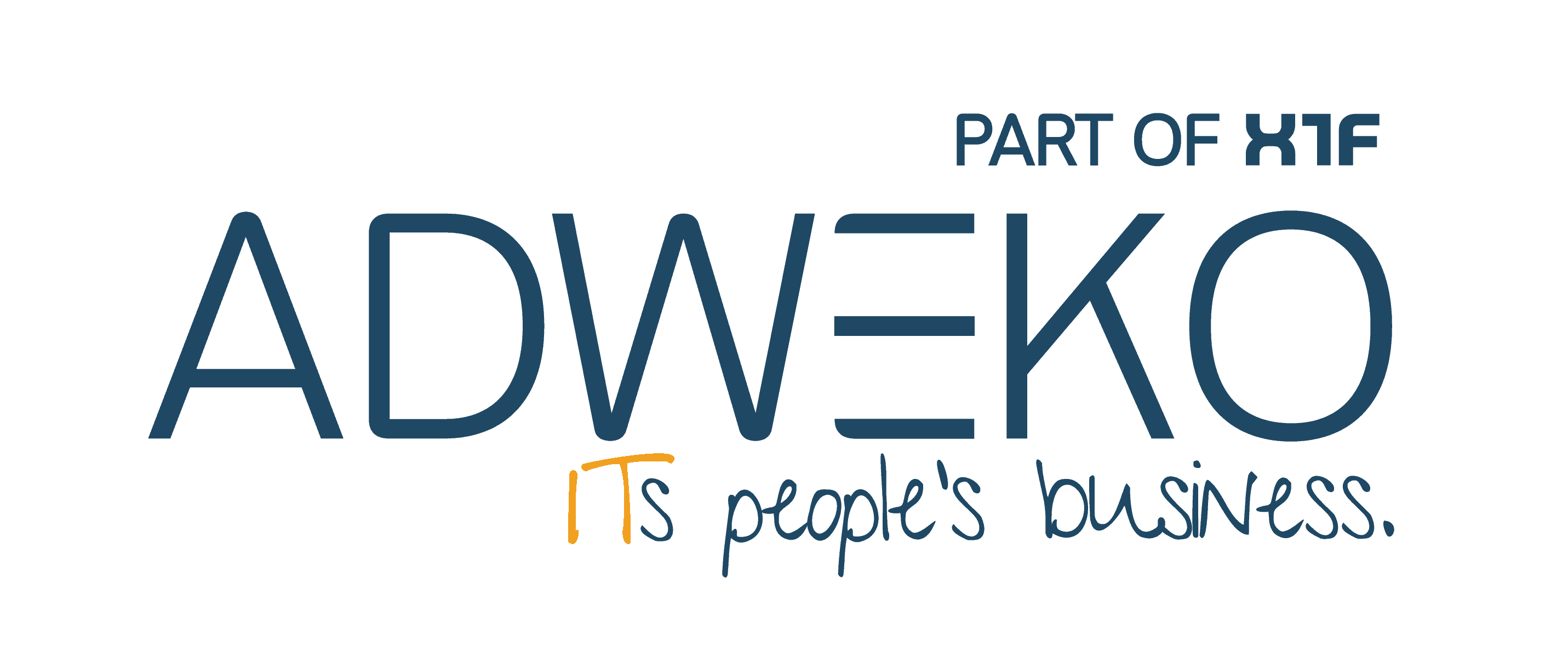
The Covid 19 virus has dominated our daily lives for quite some time now. Every individual and every company has had to experience the force and intensity with which the pandemic has hit us. The measures taken by the federal government were drastic and the cuts to everyday and professional life on a scale never before experienced. During this time, there were far-reaching insights and developments that we were able to observe and actively shape:
Adaptability
It was very impressive to see how quickly the major institutes were able to restore their working capacity remotely. An insurance company with about 1,400 workstations went from 0% home office to 100% within a week. This quickness of reaction was the rule rather than the exception. Knowing full well that large banking and insurance institutions tend to be considered sluggish when it comes to organizational change – this achievement is particularly commendable.
Driving on sight – but how?
The case numbers and the measures came abruptly. A similarly rapid return to normality, on the other hand, is unlikely. In discussions with customers, we often hear: “We drive on sight”. In many places you can see the medium-term arrangement of home work. The planning phase goes from 3 months to the end of the year. If you talk to the employees concerned, their enthusiasm is often limited. Social contact with colleagues and the all-important informal communication are just two key arguments that make permanent home offices difficult. Other houses introduce so-called split organization. Employees are divided into two groups and work alternately in the office and from home. Here, too, the measure is viewed with suspicion, as the canteen is often closed completely in order to comply with the minimum distances, the queues in front of the elevators cause waiting times of up to an hour, and many employees are afraid of the increased risk of infection.
What’s next?
The pandemic has hit society and especially the economy like a bomb. Undoubtedly, the effects will be felt for many years. However, it is to be expected that there will be profiteers from the crisis as well as many affected parties. The banks are certainly at a disadvantage due to the expected higher loan default rates. On the other hand, demand for loans is rising rapidly. The automotive banks are in a special situation due to their affiliation with the Group, as they are inevitably also dependent on the automotive division being affected. The situation is similarly differentiated for insurance companies. Pure motor insurers currently have a historically low claims ratio. By contrast, there is virtually no new business in advice-intensive products – such as life insurance. All in all, it is still too early to draw a conclusion on the level of concern. However, it can be predicted that topics such as digitization, process optimization and virtual collaboration will very quickly come into focus and be addressed even more strongly than before.
ADWEKO is currently working intensively on analyzing the customer’s situation and developing custom-fit solutions to help our customers in this unprecedented situation. In doing so, we make our reliable contribution in the current tasks and prepare solutions for the emerging challenges.
Founder & Managing Director of ADWEKO



0 Comments